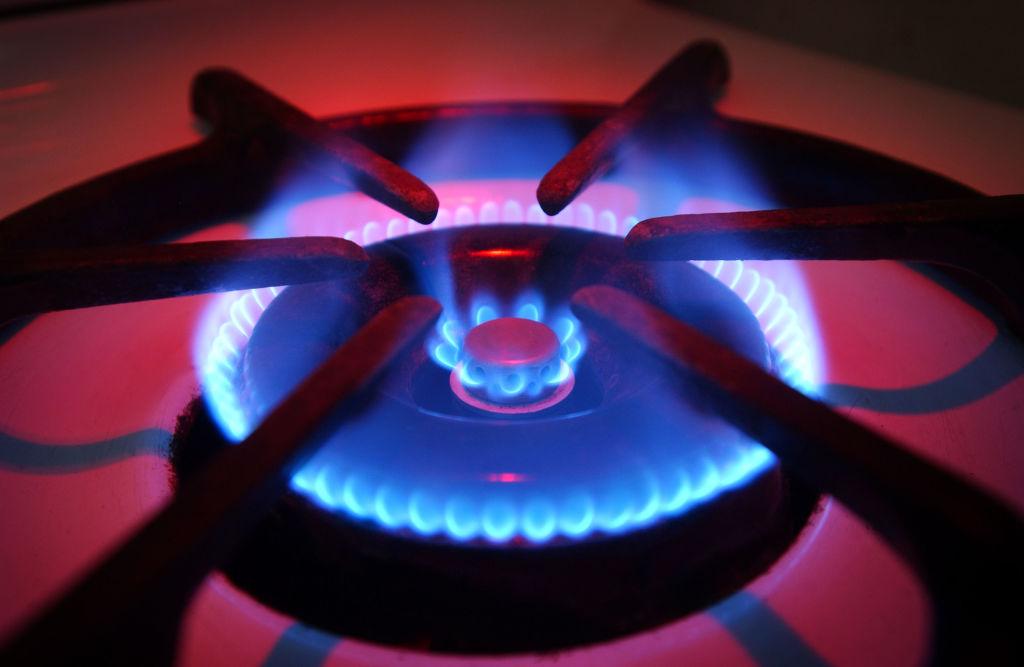Australia is expected to experience gas shortages as early as 2027 if the country does not secure new supply sources, the consumer watchdog has warned.
On July 5, the Australian Competition and Consumer Commission (ACCC) released its latest gas inquiry report (pdf), providing a snapshot of the east coast gas market’s outlook in both the short and long term.





